Appearance
Self driving scripts
By default you need to click "Run" (or invoke them programmatically) to run a script.
But often you may want certain scripts to automatically run themselves whenever Pinokio rstarts.
For example if your script involves starting a server, you would probably want the server to automatically start whenever Pinokio starts.
Otherwise you would have to manually start all the servers required to run your scripts every time you restart Pinokio.
You can configure this by placing a special purpose file named pinokio.js in your project home directory. Let's imagine a project folder called myscript:
~/pinokio
/api
/myscript
install.json
start.jsonWe want Pinokio to automatically run ~/pinokio/api/myscript/start.json whenever it restarts.
pinokio.json
All we need to do is to create a file named pinokio.js and return a JSON object with its start attribute pointing to the start script file. Here's an example pinokio.js file:
javascript
// pinokio.js
module.exports = {
"start": "start.json"
}The resulting file structure will look like this:
~/pinokio
/api
/myscript
pinokio.js
install.json
start.jsonNow when you restart Pinokio, Pinokio will automatically run the start.json script at the beginning.
dynamic start script
Sometimes you may not want to trigger the start script until some condition is met.
For example, your start.json script may involve launching a web server, but this only makes sense when the web server is fully set up, or installed.
In this case, instead of setting a static value for the start attribute, the start attribute can be a JavaScript async function that returns the value:
javascript
// pinokio.js
module.exports = {
"start": async (kernel) => {
// Run some logic here to check if all the modules have been installed
//
// . . . .
//
if (installed) {
return "start.json"
}
}
 Pinokio
Pinokio